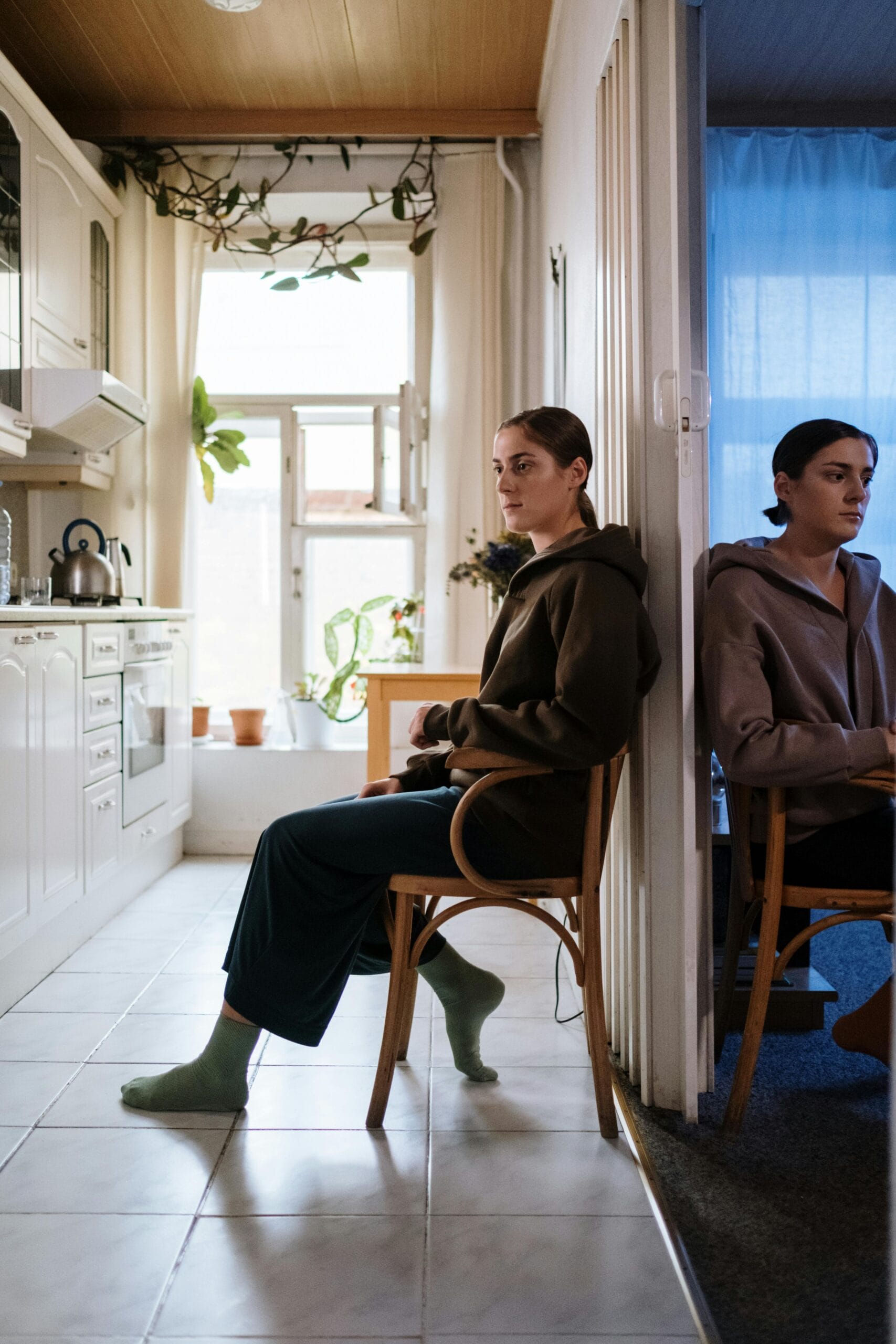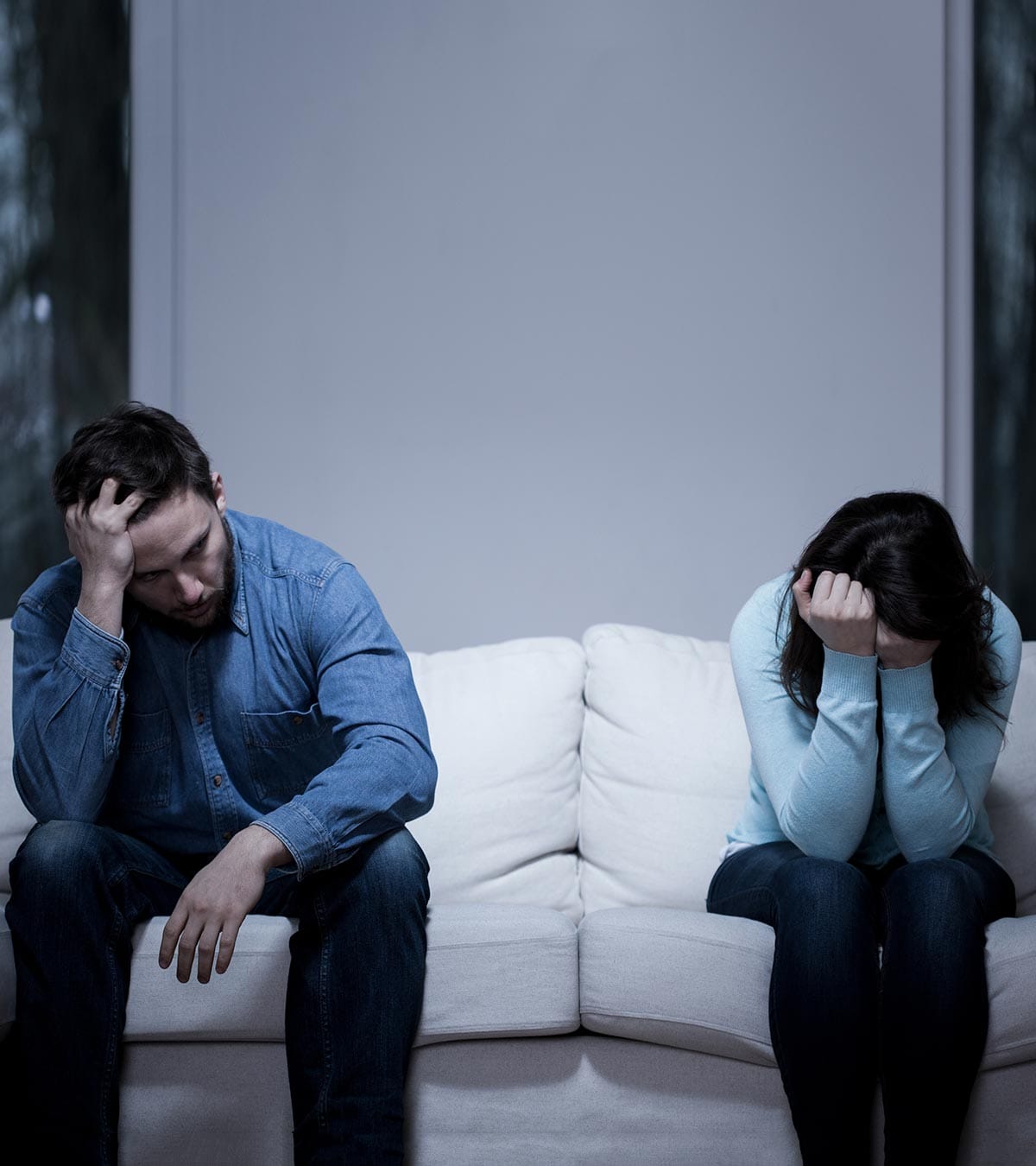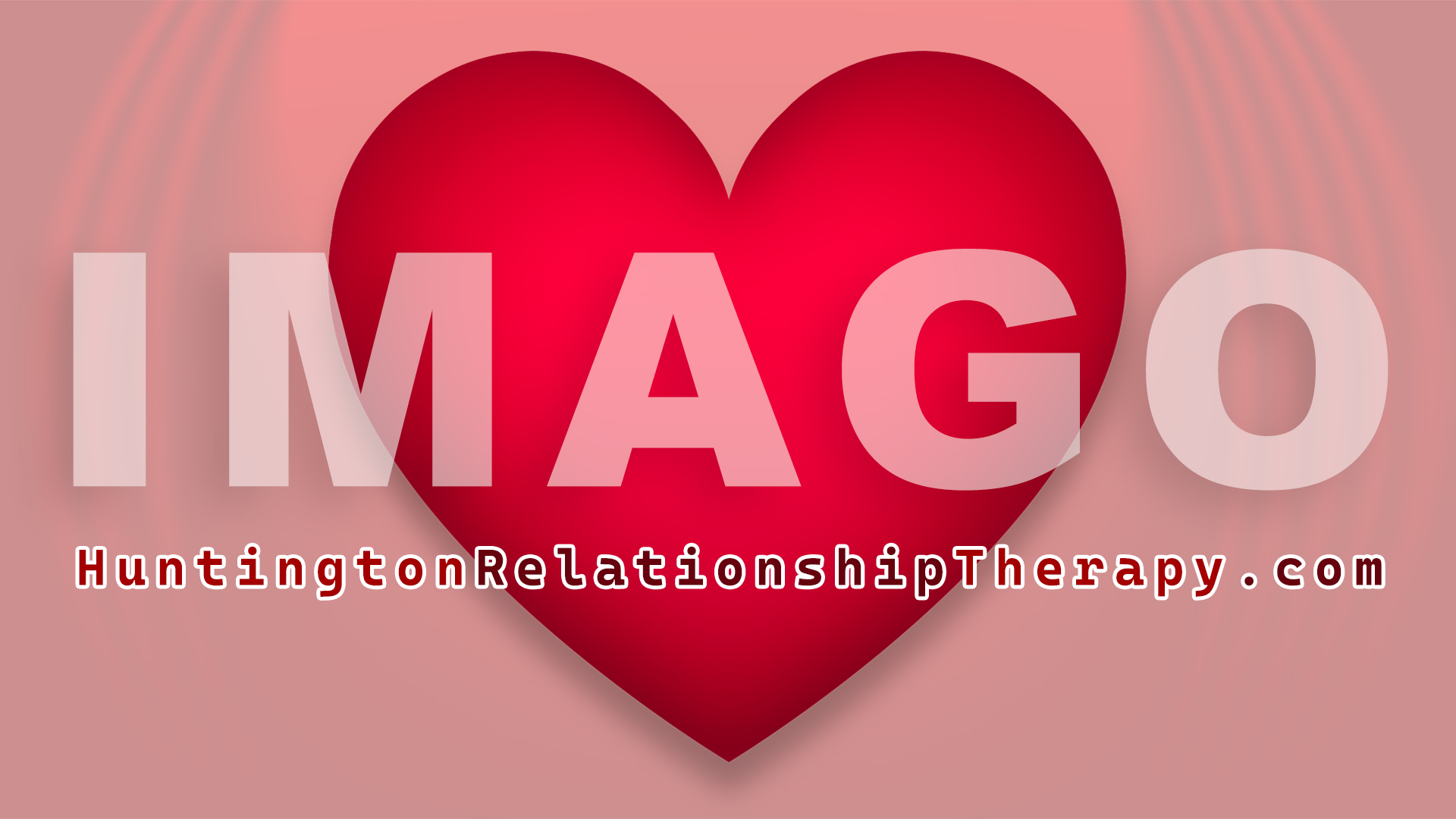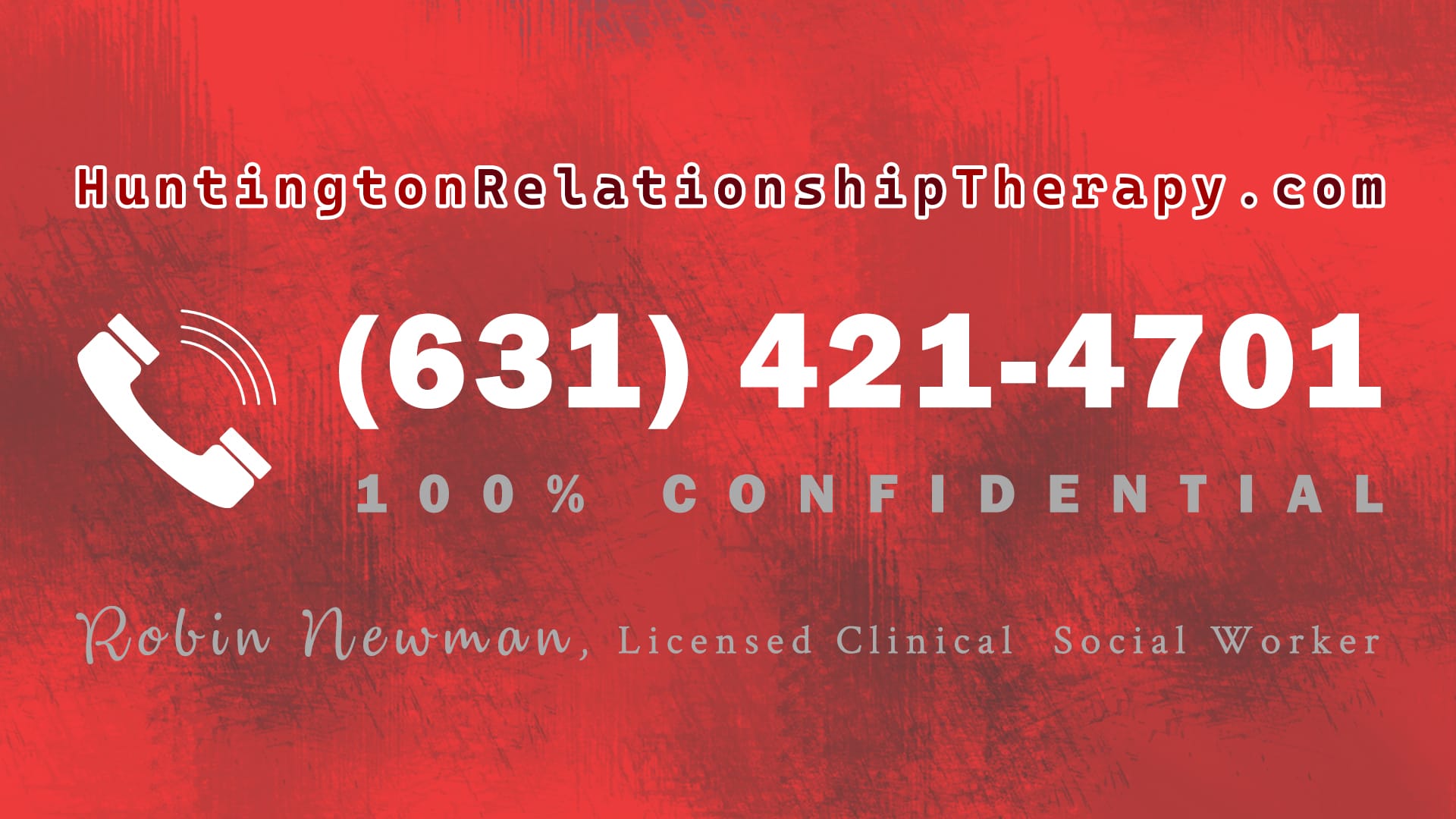Dissociation is a mental process that involves disconnecting from one’s thoughts, feelings, body, memories, and/or sense of self. It can occur as a temporary or persistent state, depending on what an individual is trying to endure. This experience can range in severity, from just “checking out”, difficulty focusing (ADHD), to heavy drug / alcohol use. Dissociation is the brain’s way…
Dealing with “mother wounds” on Mother’s Day is challenging, but focusing on self-care and self-compassion can be helpful. It’s important to acknowledge and process your emotions, whether it’s grief, sadness, or resentment, and seek support if needed. Consider engaging in activities that bring you joy and help you feel nurtured, and remember that healing from mother wounds is a journey,…
Coercive control in a relationship involves forcing someone to act against their will through threats, intimidation, or manipulation, often to gain power and control. Examples of coercive control include isolating a person from their support system, monitoring their activities, controlling finances, and making them feel worthless. Here are specific examples of coercive behavior in a relationship: If you need assistance…
Losing a loved one can be one of the most difficult experiences in life. Grief can be overwhelming and affect various aspects of your life. It’s essential to acknowledge that grief is a natural response to loss and that everyone experiences it differently. Grief counseling is an effective way to cope with loss because it: Provides Emotional Support: Helps Process…
Dating can be a scary thing, especially in today’s world. Developing your own red flags can be incredibly empowering and beneficial for several reasons: By developing and maintaining personal red flags, you prioritize your emotional well-being, cultivate healthy relationships, and make intentional decisions aligned with your values. Don’t know where to start? Here’s how to develop your own personal red…
Long Island Imago Relationship Therapists, Robin Newman and David Weber, talk about ideas and things that show up in their day-to-day practice, and how they impact couples. Topics mentioned in this video: Contact Robin Newman for additional information about counseling sessions in Huntington, New York.
Choose your words wisely… Words are an instrument to heal or wound – to connect or separate. Try to think about the words you use with your partner this week… Do they heal or wound, connect or separate? The traumatizing and/or healing effect that words can have on people.. especially when in a committed relationship, can make or break the…
Your Relationship Issues Were There Before Covid with Robin Newman, LCSW in Long Island So, one of the things that I am finding ‘post-covid’ now that things are opening up more is people coming in individually, not as a couple, to talk about the disillusionment of their relationship and how Covid has put their relationship over the top. The first…
Divorce Recovery Counseling in Long Island, New York with the Huntington Relationship Center Dealing with the grief of a broken marriage is a turbulent time where the very foundation of your life is being uprooted, finances are diminishing, social pressures abound, and everything feels completely disoriented. Depression is a common side-effect and comes with the territory of losing your stability…
What should you do if you’re in doubt about whether you should stay or leave the relationship you’re currently in? How do you know when a relationship is over? Well, there’s many answers to this, and it’s quite nuanced to our individual lives, but here’s a very small list of signs that your relationship may be on the road to…








